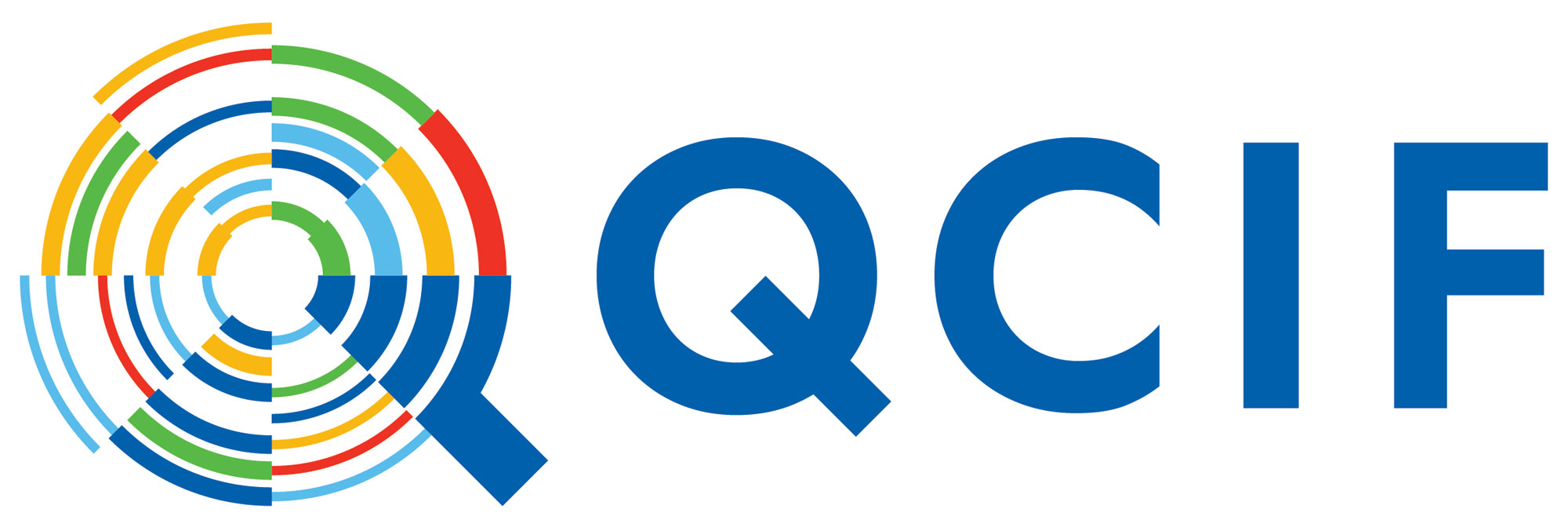11/12/2017
By Amanda Miotto, QCIF eResearch Analyst at Griffith University.
Working on code and want to collaborate? Jupyter Notebooks are a great way of sharing live code.
Jupyter Notebooks support more than 40 programming languages, including Python and R. As well as including visualisations made in these languages, the Notebooks give you the ability to add narrative text for context and simulations to share.
Jupyter Notebooks are open source and come in a variety of forms. You can install Jupyter on a virtual machine or use an instance already set up with available data.
The following Notebooks are freely available:
ECOcloud
ECOcloud allows you to upload your own data or use its curated set of ecoscience data. Giving you the framework to compute directly on the ECOcloud with analysis tools or your own scripts, the new platform will provide the ecosystem community with improved access via a single interface that links to a number of data nodes.
Azure Jupyter Notebooks
Azure is a service available to anyone. Microsoft’s Python team has put together a Jupyter Notebook to try out any of your Python or R code. You can connect it to most big storage groups and create a URL to share.
Google Colaboratory
Google Colaboratory is a research tool for machine learning education and research based in the Chrome Internet browser. Freely available, it saves and links to your Google Drive and focuses on the Python language. Sign-up is required but is simple and quick.
For further information on how to use Jupyter Notebooks, please visit your local Hacky Hour. UQ, QUT, Griffith and JCU all host (mostly) weekly Hacky Hours (please note Hacky Hours have ended for 2017, and will resume in early 2018). Or feel free to email me: a.miotto@griffith.edu.au.

